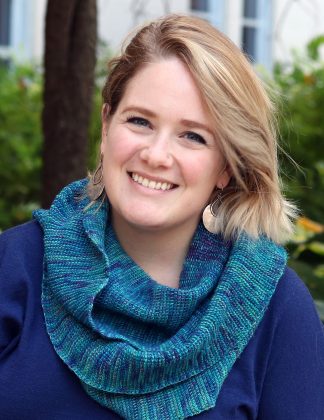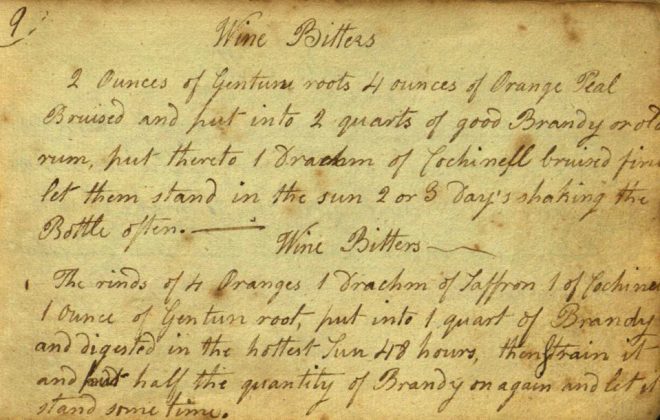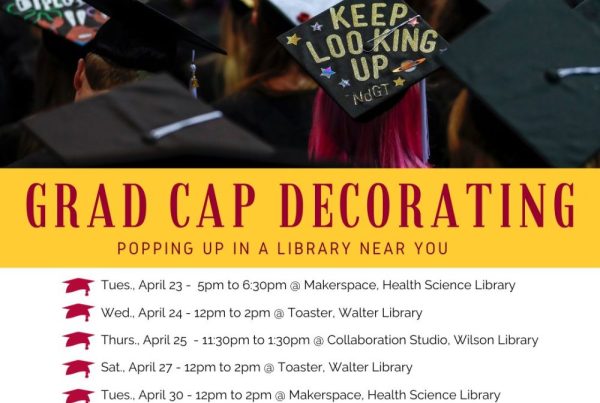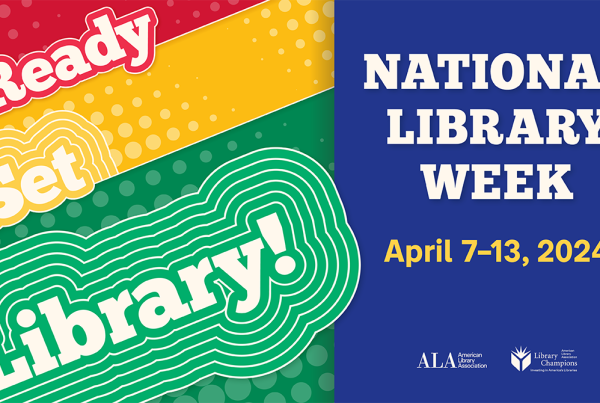The research of the Libraries’ Emily Beck — garnered from historical materials at the Wangensteen Historical Library of Biology and Medicine — serves as the foundation for an interactive publication and two upcoming and unique events at the Minneapolis Institute of Art and Tattersall Distilling.
Intoxicated Empire: Alcohol, Consumption & Slavery in the 18th-century Atlantic World, is the title of a March 3 lecture by Bertie Mandelblatt, Ph.D., at Mia. Mandelblatt will chart the transformation of rum to high-value globally traded goods and the drinkers who enjoyed them throughout the Americas and Europe.
The next day, March 4, Tattersall Distilling will host a tasting event, recreating a number of historical spirits and potations from the 18th century — based on Beck’s research and materials at the Wangensteen Historical Library.
The two events culminate a year-long collaboration among Tattersall, Mia, and Wangensteen.
Alcohol’s Empire
See Alcohol’s Empire to read the interactive publication, watch a video on the making of an historic cocktail, and learn more about the upcoming events.
“The Wangensteen’s research materials on historical drink, food, and medicine helped guide the recipe selection,” said Beck, Ph.D., a recipe scholar and Wangensteen’s assistant curator. “The food and drink that attendees will enjoy come from historical recipes found in Wangensteen’s large collection of handwritten and printed recipe books.”
Beck added that most of the recipes have been digitized and are publicly available online from the University Libraries. These materials also are foundational to the Beck’s research into historical recipes, material culture, and the history of medicine.
This exploration into alcohol’s past also represents an extension of Mia’s “Living Rooms,” an initiative to present Mia’s historic interiors and decorative arts collections in innovative ways. Mia also will feature an alcohol instillation, “Beer Before Liquor: Alcohol and its Past,” for three months beginning on March 1.
About the March 3 event
Presenter: Bertie Mandelblatt. During the 1600s and 1700s, Caribbean molasses and rum went from lowly commodities fit only for unfree labor and local consumption to high-value, globally traded goods. This talk charts their transformation in relation to other alcoholic beverages—particularly wine, gin, and whiskey—and the drinkers who enjoyed them throughout the Americas and Europe.
Tickets: $10; $5 My Mia members, free for members of the Decorative Arts, Textiles & Sculpture Affinity Group, and free for University of Minnesota students by sending an email to dats@artsmia.org. Deadline is March 1 or when program is sold out.
About the March 4 event
Tattersall Distilling has recreated a number of historical spirits and potations from the 18th century for the tasting event. Paired with these spirits, Chef Steven Brown, of award-winning Tilia and St. Genevieve, will be serving dishes developed from recipes reflecting the same time period.
Spirits will include: Saffron Wine Bitter, Plague Water, Aqua Mirabilis, Cherrie Water, Water of Flowers, Aqua Vite, Milk Punch, and Pear Ratafia. Guests will have the chance to sample these unique spirits in cocktails and in their pure form at six stations throughout the distillery.
Tickets: $50 per guest, includes samples at each station. Tickets are available for purchase beginning Feb 1, 2019.
About Tattersall
Tattersall Distilling is an award-winning distillery and cocktail room based in Northeast Minneapolis in the Historic Thorp Building. Their extensive portfolio of more than 30 all-natural spirits and liqueurs are always made from the best ingredients available. You can find Tattersall products at bars, restaurants and liquor stores in 22 states across the country.
About the Wangensteen Historical Library
The Wangensteen Historical Library of Biology and Medicine at the University of Minnesota holds more than 72,000 volumes of rare books, journals, and manuscripts and over 8,000 artifacts in diverse medical and biological subject areas that span half a millennium, from 1430 to 1930. The library supports the research of University faculty and students, local and international scholars, and the community at large. The Wangensteen Historical Library is open Monday – Friday, 8:00 – 4:30. Find us at z.umn.edu/whl.
About the Minneapolis Institute of Art
Home to more than 90,000 works of art representing 5,000 years of world history, the Minneapolis Institute of Art (Mia) inspires wonder, spurs creativity, and nourishes the imagination. With extraordinary exhibitions and one of the finest wide-ranging art collections in the country—Rembrandt to van Gogh, Monet to Matisse, Asian to African—Mia links the past to the present, enables global conversations, and offers an exceptional setting for inspiration.






